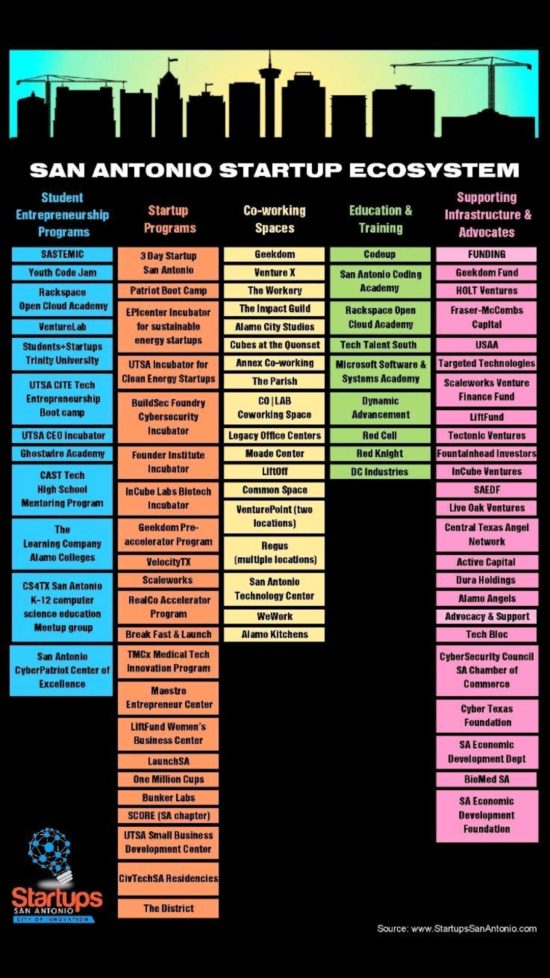When I look at the game of Golf and Life, I can draw many similarities. How about you? What in of your experiences and hobbies imitates life?
Posts in Start-up Saturday
What Was Your First Job?
What was your first job? Leave a comment below.
My first paying job was a paperboy. When I look back on this now, I can see the lessons I learned and didn’t realize it.
Capacity Management. No matter how many papers I would have liked to deliver (and make money from), only so many would fit in the bags on my bike. This is why paper routes were taken over by people in vehicles.
Accounts Payable. If I didn’t collect the money from the customers, I didn’t get paid. This taught me concepts, like: “fee for service,” and “deadbeat.”
Customer Experience. I got lazy and I dumped my papers in the bushes one time. Tons of people called and complained. I don’t mind being lazy, but that just caused more work in the long run. People don’t like lazy employees.
I didn’t think I was a Business Owner when I owned a Paper Route. Maybe if I had, I would have run it different? In life, we often do see us as “owning” anything when we work for a company…we turn over our rights to someone else. Maybe we need to rethink ownership, regardless of our role?
Where did you start and what didn’t you learn from it?
Struggling With Social?
Using social media for business? Struggling?
Who doesn’t?
We all can’t be like Gary Vaynerchuk and Neil Patel Digital overnight. But here are some simple rules to help you.
1. Video & Imagery is King! Sharing Sucks! All social media platforms want original content on their site…not shared from another site. Videos (Live #1) are top and then pictures (post the picture first) are second.
2. Engagement keeps it alive! Getting people to Like, Comment, & Share pushes your post into other’s feeds, so you reach an audience you’re not connected with. I had a simple update post that went viral because of this and had over 41K views on LinkedIn.
3. Connection Power works! Obviously, the more people that are connected to you and follow you, the more people see what you post. Connection can be through Business Pages and Groups too. Always be building your connections.
4. Recency Importance! Always try to post when YOUR audience is reading their news feed. It’s more likely to be seen. The longer it’s out there, the less people will see it.
5. Monitor your performance! Pay attention to anything that the platform will provide you with as performance metrics. Watch what works and doesn’t work.
Do you have another suggestion? Comment below 🔊👇
Startup Weekend — San Antonio
Get your tickets today to Techstars Startup Weekend held here in San Antonio, March 22-24, 2019, at Geekdom!
Techstars Startup Weekend is a 54-hour event designed to provide superior experiential education for technical and non-technical entrepreneurs.
Beginning with Friday night pitches and continuing through brainstorming, business plan development, and basic prototype creation, Techstars Startup Weekends culminate in Sunday night demos and presentations.
Participants create working startups during the event and are able to collaborate with like-minded individuals outside of their daily networks. All teams hear talks by industry leaders and receive valuable feedback from local entrepreneurs.
The weekend is centered around action, innovation, and education. Whether you are looking for feedback on an idea, a co-founder, specific skill sets, or a team to help you execute,
Techstars Startup Weekends are the perfect environment in which to test your idea and take the first steps towards launching your own startup.
Get your tickets today:
https://www.eventbrite.com/e/techstars-startup-weekend-san-antonio-tickets-54707627988?fbclid=IwAR0PQoHbc7tWK6k7OWA8PFZt-0ZoT9EWumGRJIy2WxvIJ4d8g7bAhuqxplU
Startup Resources — Funding
Here’s a fantastic resource for startups in San Antonio. This information covers all sorts of topics from education to funding. Over the next few weeks, I’m going to feature some of these resources.
Funding is always a hot topic for startups. Where am I going to get money to make this thing happen? How much money do I really need?
Liftfund is local organization that has been microloans and small business loans to deserving entrepreneurs for over 20 years. They are just one of the many funding options in San Antonio and elsewhere.
Money is always crucial when starting or growing a business. When building your business plan, determining startup costs is very important. Here is an idea to use.
Draw a line down the center of a peice of paper. Top-left, write Must Have. Top-right, write Nice to Have. Sit down with your partners, spouse, friends, etc. and brainstorm money and things needed and place them in the appropriate column.
Write down everything…even if it doesn’t cost money. For instance, “Facebook and LinkedIn Business Pages,” should be Must Haves, but are free. A LinkedIn Premier Business account; however, will cost you.
This rather activity will help you think through the money you need to start and what you need to grow.
What do you want to be when you grow up?
Recently, I was talking to a Branding Coach at a networking mixer. She said, her most difficult challenge in working with new business clients is that they don’t even know what business they want to be in.
Many people dream of starting their own business … striking out on their own as an entrepreneur. However, they don’t really know what they want to be when they grow up.
There are so many challenging questions that start-ups face, but this one is daunting.
Here are a few ideas … I would love to hear yours:
▶️ Take what you do today, and turn it into your own business. You know you’re already good at it. You can create a side-hustle or create your own company.
▶️ Turn a hobby into a job. I love golf, and about 15 years ago, I came up with a pretty neat business model around the sport.
▶️ Buy into an existing business. There are many franchise opportunities that exist. Also, businesses are always being sold by others for various reasons. If you don’t know what you want, take a look at what already works that you can buy.
Consider four things when starting out on your own. 1. You love what you do. 2. You are good at it. 3. People need it. 4. People will pay for it. At the center of these four, is PURPOSE.

